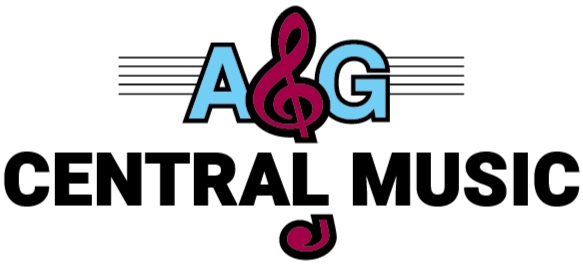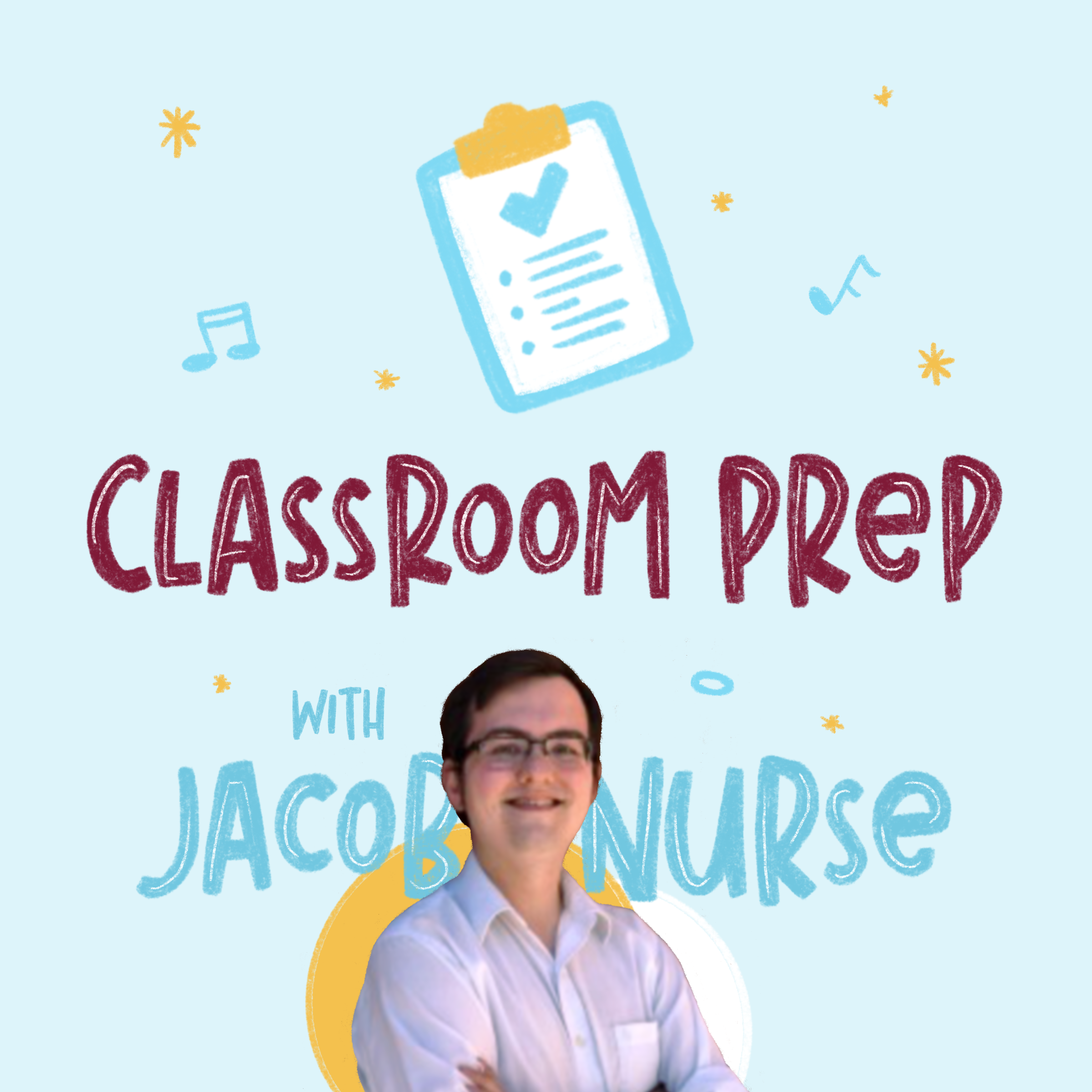There are many good reasons for having your child join their school orchestra, including the fact that it’s just plain fun! Learning about music and gaining achievements both personally and as part of a team can be the most satisfying part of a child’s journey into adulthood.
Let’s take a look at five benefits your child will gain from taking a seat in the orchestra.
1: Improved Social Skills
One of the biggest positives will be the connections your child makes with other students. This delvelopment of social skills happens as each student makes new acquaintances with the other members of the orchestra. Some of these interactions may develop into friendships that last a lifetime.
2: Learning Teamwork
From the day a child joins an orchestra, they become part of a functioning team that has clear goals. They learn that by playing their part, they can add to the greater goal of making fine music. This builds a strong skill set that they can use going forward in their eduaction and beyond, into their future work and family interactions.
3: Developing a Sense of Responsibility
Joining an orchestra gives a child the responsility of taking care of their instrument…and orchestral instruments are among the most fragile. A child learns from the start to treat their instrument with respect, not just to prevent damage but to keep it clean and in good playing condition.
It also teaches children the responsibility of learning and overcoming difficult tasks as their progress advances from beginner to skilled player. The commitment to practicing and improving can translate into their other school studies as well as helping them to cope with future life challenges.
4: Improved Cognitive Skills
Learning to read music and making an instrument do what your child wants it to do (and sound the way they want it to sound!) offers benefits to eye-hand coordination as well as increased cognitive skills such as concentration and visual recognition. Studies indicate that this tends to give kids who participate in orchestra programs higher success another learning areas like math and reading. It also offers them the ability to increase their creativity, which opens other opportunities over the course a of a lifetime—whether it be in the arts, sciences, or business world.
5: Increased Enjoyment
Adults who participate in musical activities as a child often reap a lifetime of benefits as they get older. Some find increased enjoyment and relaxation by contining to practice their instrument, or by just listening to the music that they once played. They become lifelong enthusiasts and share that passion and appreciation with others around them. Some musically talented children choose to remain actively playing, even if not as a professional. Amateur chamber groups and community orchestras offer a great deal of joy and camaraderie.
Of course, there’s a chance that your child will decide ro make music a career choice. In addition to professional orchestra players, there are lots of options, including soloists, arrangers, music educators, artist managers, performance and venue management…even in the medical field as a music therapist. Whatever path your child ends up following, there’s no question that joinging school orchestra can help pave the way to a better, more fulfilling life.






